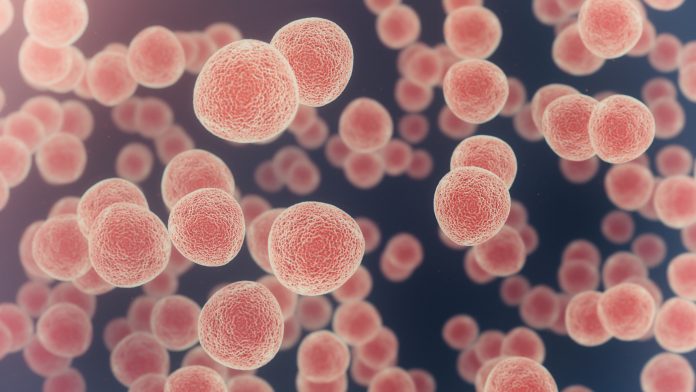
Northpond Labs and the Wyss Institute for Biologically Inspired Engineering at Harvard University announced that Northpond will fund the SomaCode Project led by Soufiane Aboulhouda, Oliver Dodd, and George Church, Ph.D. SomaCode’s research is focused on finding effective methods for getting therapeutic cells to their targets in the body so they can interact with diseased cells, a significant hurdle to the development of effective cell therapies.
“The SomaCode project team really impressed us with their systematic approach to addressing a therapeutic challenge, supported by milestone-driven deliverables and entrepreneurial drive, said Michael Rubin, Ph.D., Northpond’s founder and CEO in a press release. “We are very excited to be a part of this project’s continuing development into a commercially viable platform that can meet a major need in cell therapy development and help unlock many potential treatments for debilitating diseases,”
Northpond and Wyss Institute began their research alliance in 2020, with the involvement of Harvard’s Office of Technology Development. A $12 million commitment from Northpond Labs created The Laboratory for Bioengineering Research and Innovation with the aim of supporting research with strong translational potential.
The SomaCode projects employs a pooled in vivo discovery platform to identify genetic modifications that influence how immune cells actively home to tissues of interest. The goal is to develop methods to improve immune cell trafficking to solid tumors in order to deliver a therapeutic payload.
SomaCode becomes the second Wyss project funded by Northpond Labs. The first, Controlled Enzymatic RNA Synthesis (now known as EnPlusOne), developed a novel, environmentally sustainable manufacturing process that more efficiently produces synthetic RNA oligonucleotides, which have major potential as RNA therapeutics, vaccines, drug delivery vehicles, and genome editing tools. Created in the Wyss Institute’s Synthetic Biology platform the technology was named a Wyss Validation Project for its promising commercial potential. The EnPlusOne team plans to use the technology they developed to help meet the increased industrial demand for oligonucleotides. Traditional chemical synthesis methods for the production of oligonucleotides are struggling to keep up with growing demand, and the EnPlusOne technologycan help fill the gap.
“We are delighted to see another talented team from the Wyss Institute receive important financial and business development support from Northpond Labs,” said Angelika Fretzen, Ph.D., the Wyss Institute’s technology translation director and COO. “This Alliance has proven invaluable in accelerating innovative technology development toward a positive impact in the world, and we look forward to many more groundbreaking collaborations.”
Northpond Labs is the research and development-focused affiliate of Northpond Ventures, whose portfolio companies include Sherlock Biosciences which is seeking to commercialize a range of CRISPR-based innovations.
In addition to the $12 million it pledged to create the Laboratory for Bioengineering Research and Innovation at the Wyss Institute, it is providing an additional $3 million in funding to the Institute to support discovery efforts and to create and fund the Northpond Director’s Innovation Fund. This fund will support Wyss projects that have the potential to solve unmet problems in the world, even when the path to commercialization has not yet been identified. In particular, the fund will be used to support early projects in areas including synthetic biology, biomanufacturing, synthesis of DNA and proteins, and clean water.
According to information on the Wyss Institute’s webpage, the alliance with Northpond “embodies a new mechanism for supporting innovation and providing opportunities to empower entrepreneurial teams to translate their discoveries into commercial opportunities. It also provides an exciting blueprint for future collaborations with the investment, corporate, and philanthropic communities, with strong focus on collaboratively developing technologies and business models that will lead to important solutions to pressing environmental and healthcare problems.”













